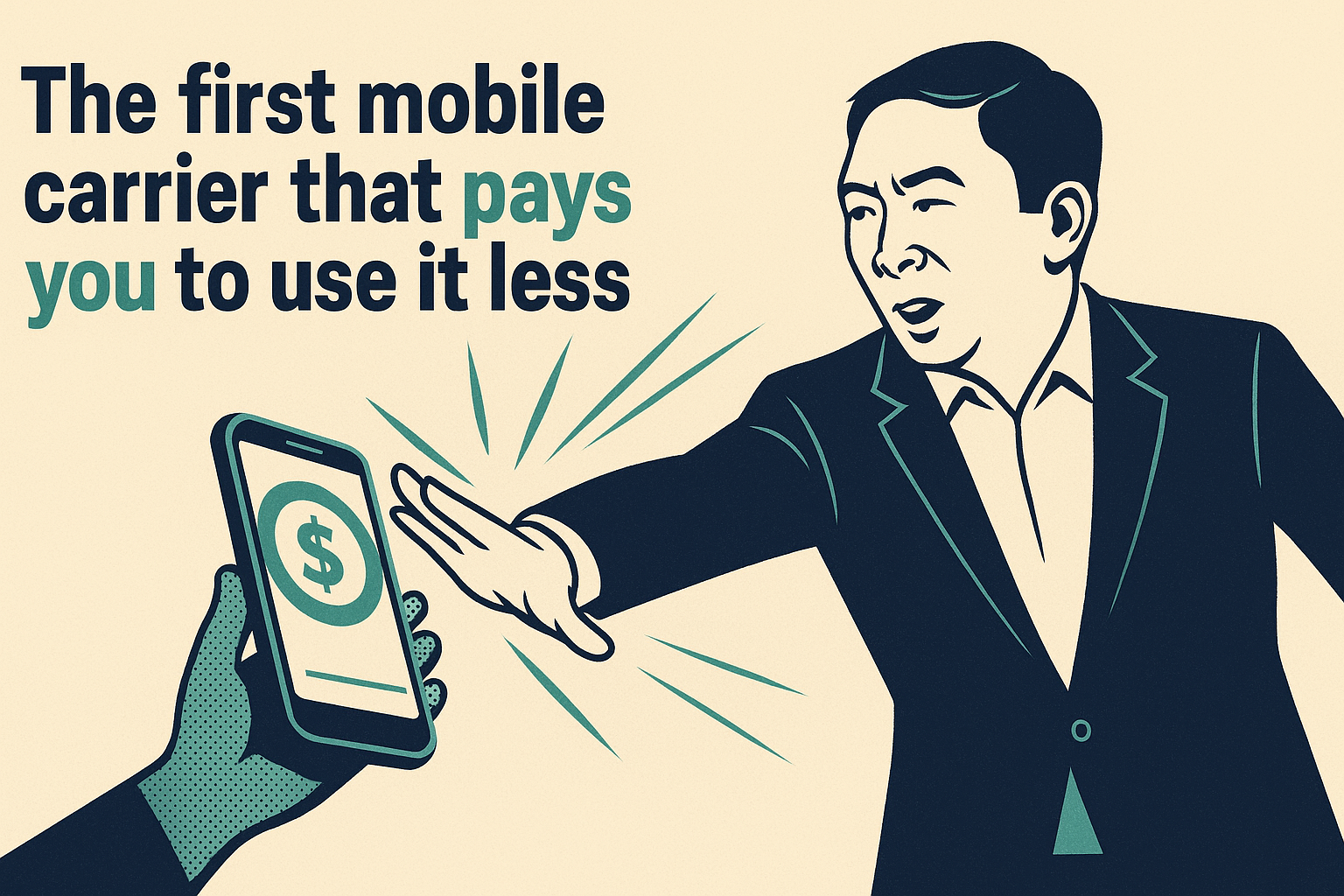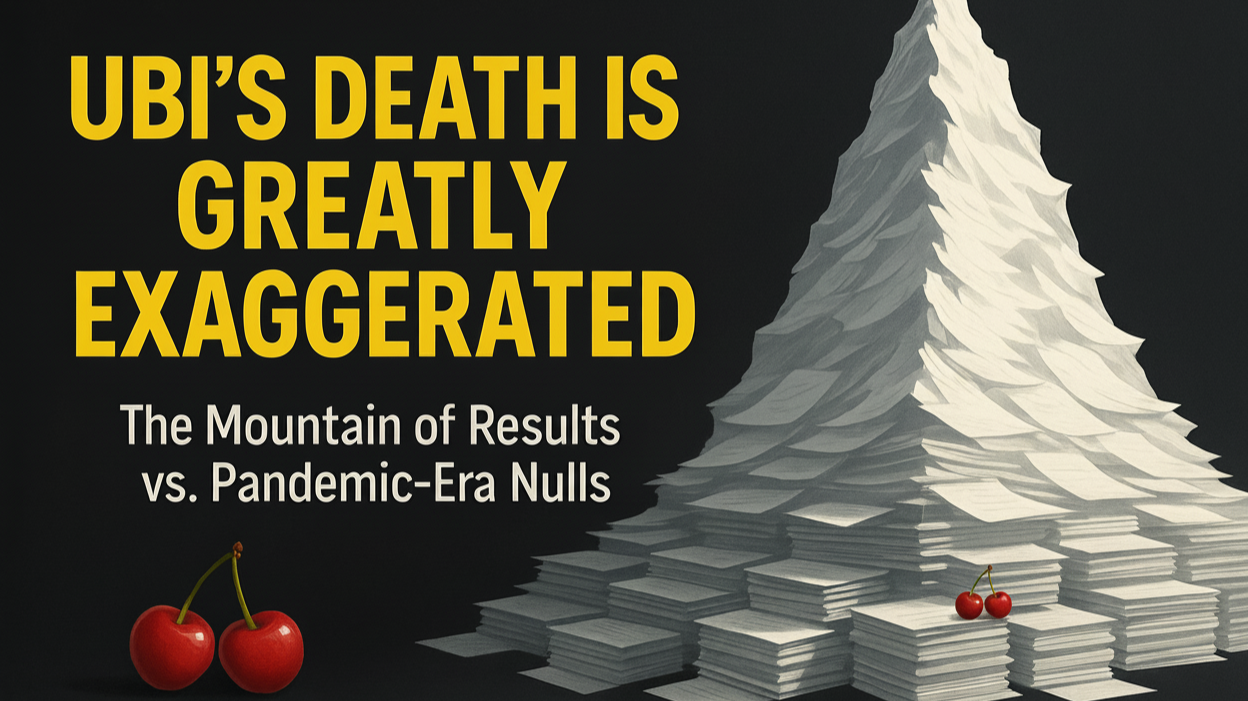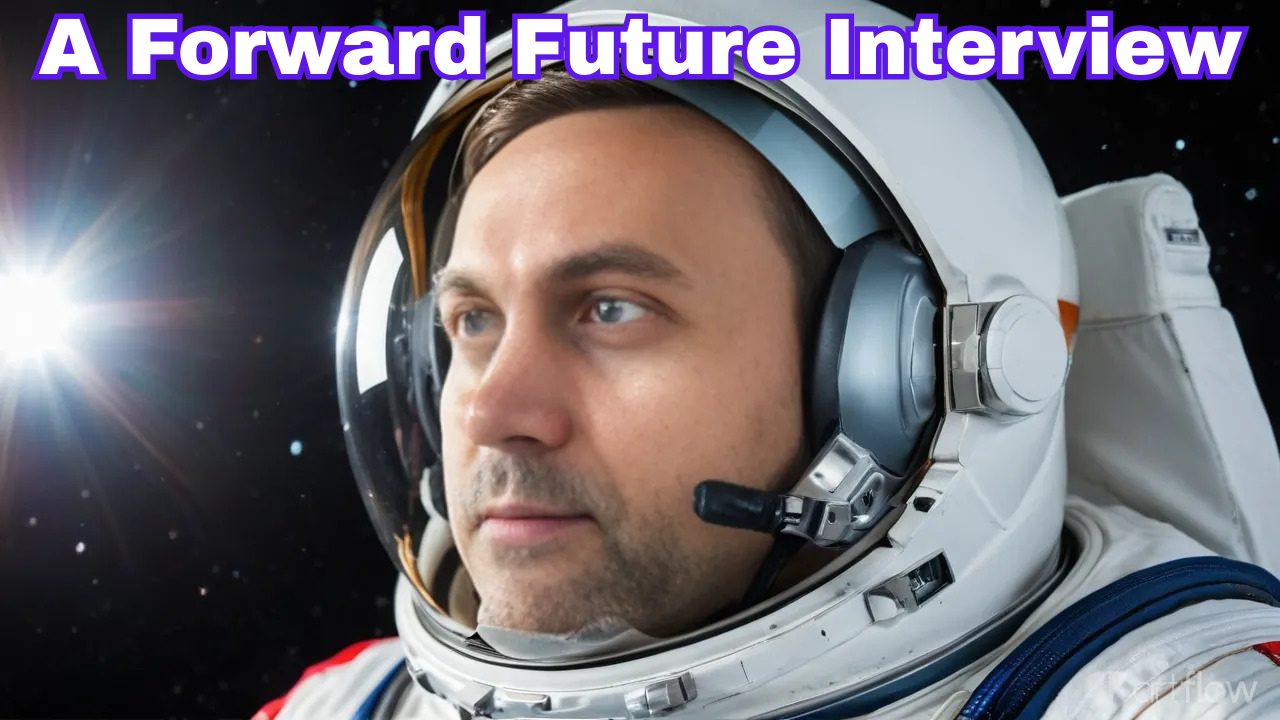Irish Government Proposes Basic Income For Artists

Irish government plans to implement permanent basic income program of €325 ($361) a week for 2,000 professionals in the creative sector; an expert backs the initiative
The following is the English translation of an article I was interviewed for, written by Eduardo Lemos Marti for UBC (União Brasileira de Compositores) - Brazil’s non-profit collective management organization for music rights holders
Artists and creative-industry workers in Ireland may receive up to R$2,000 (€325) per week under a kind of “basic income for culture” announced this month by the local government. The program is scheduled to begin in September 2026 and is expected to benefit up to 2,000 artists from different fields, including music. The goal is to support recipients’ subsistence and well-being, allowing these professionals to focus on their creative work without worrying about commercial viability.
After three years of a pilot project launched in 2022, the Irish government found that beneficiary artists experienced reduced financial stress, dedicated more time to creative work, and enjoyed greater well-being. The program becomes permanent in 2026, with a promise that the number of supported artists will increase each year.
According to federal administration data, the pilot also identified substantial social and economic benefits, generating a return of approximately €1.39 to the State for every €1.
“The economic return from this investment in Ireland’s artists and creative-arts professionals has an immediate positive impact on the sector and on the economy in general,” said Ireland’s Minister for Culture, Patrick O’Donovan, adding that it was important to keep the arts sector “resilient, sustainable, progressive, and accessible.”
OTHER COUNTRIES
The initiative—unprecedented in its terms and amounts—has attracted attention from other countries. According to the minister, authorities in Australia, Wales, South Korea, Canada, Norway, Lithuania, and Estonia sought information about the project.
The initiative is also being well received by experts such as Scott Santens, president of the Income to Support All Foundation, a U.S. nonprofit that researches and promotes the benefits of universal basic income.
“Focusing specifically on musicians for a guaranteed income program is particularly useful, due to the nature of the work that all artists face. It’s rare for a musician to have a 9-to-5 job playing music five days a week. Most musicians are involved in irregular work. This kind of insecurity is extremely stressful,” he notes.
For Santens, the spread of artificial intelligence only worsens the picture and makes programs like the Irish government’s even more necessary:
“Music-generating AIs were trained on the work of musicians (as well as composers, producers, performers, and other professionals in the music chain). It seems natural, then, that these professionals, as a group, should be the first to benefit from basic income. Basic income is a stable floor. By providing a stable monthly income, musicians can worry less about meeting basic needs and set aside hours of survival work to pay for music work, and focus more on the whole work of being a musician."
GOOD RECEPTION IN IRELAND
The Irish public is also applauding the program announced by the local government. According to a public consultation, 97% of respondents supported the decision to make the program permanent. Of the more than 17,000 respondents, 47% believed that beneficiaries should be selected based on economic need, while 37.5% thought they should be chosen considering artistic background or merit. Another 14% preferred random selection, exactly the criterion Ireland used during the pilot project.
Apparently, no one from the current U.S. government has sought further information from Ireland about the program, and Santens believes this will not happen. But one of the most famous basic-income projects for artists took place in the United States.
Between 2021 and 2024, 2,400 artists in New York State received one thousand dollars per month for a year and a half. At the end of the project, participants—visual artists, writers, and musicians—reported a 19% increase in time devoted to arts-related work, a 19% reduction in food insecurity, and a 29% reduction in cases of severe anxiety and depression among beneficiaries. The study, a multidisciplinary research effort, also noted improved work-life balance for 75% of artists.
The United States is currently debating something that is not exactly the same but is also grounded in the idea of a minimum payment: a bill that institutes basic transfers from streaming to music artists.
NO BUREAUCRACY
For Santens, it is essential that the Irish government and any other country wishing to implement a minimum payment not create excessive bureaucracy for the supported artists, such as requiring specific work outputs like a set number of shows or albums released.
“That doesn’t work. Study after study has shown this to be true. So don’t do it. Don’t insist on it. Insisting on work requirements only increases a program’s administrative cost and worsens its outcomes,” the expert explains.
He also warns about the taxes these artists must pay on the money received.
“A musician with €1,300 per month in basic income should be able to accept a gig that pays €500 without losing €250 or more from their benefit. All earned income should be in addition to the basic income and taxed at a rate that makes sense relative to total income,” he argues.
According to Santens, who is also the author of a book on the subject (“Let There Be Money: Understanding Modern Monetary Theory and Basic Income,” published in 2021), what musicians need is money, without major barriers to using the benefit.
“Let them determine for themselves what they need. The program in Ireland does this, and that’s why the impact was so positive in the pilot—and why I expect it to continue to be highly positive. It simply isn’t true that artists need to suffer to create good art. The arts thrive when artists thrive. Less stress and more freedom to experience life mean a higher caliber of artistic creation. A fully universal basic income would lead to a Second Renaissance,” the author contends.

UBI Guide Newsletter
Join the newsletter to receive the latest updates in your inbox.



